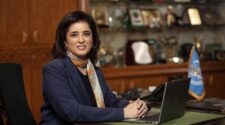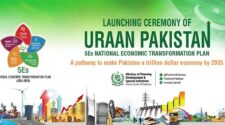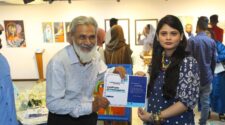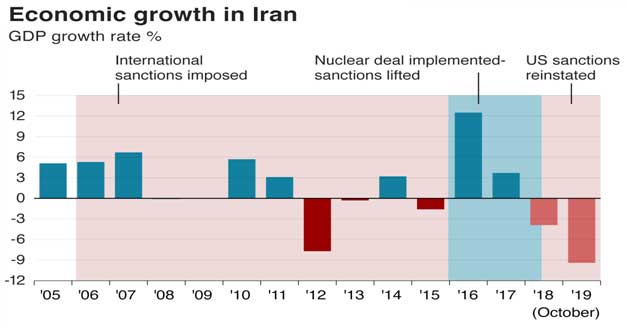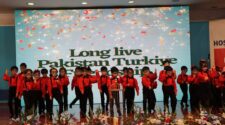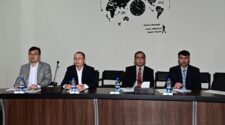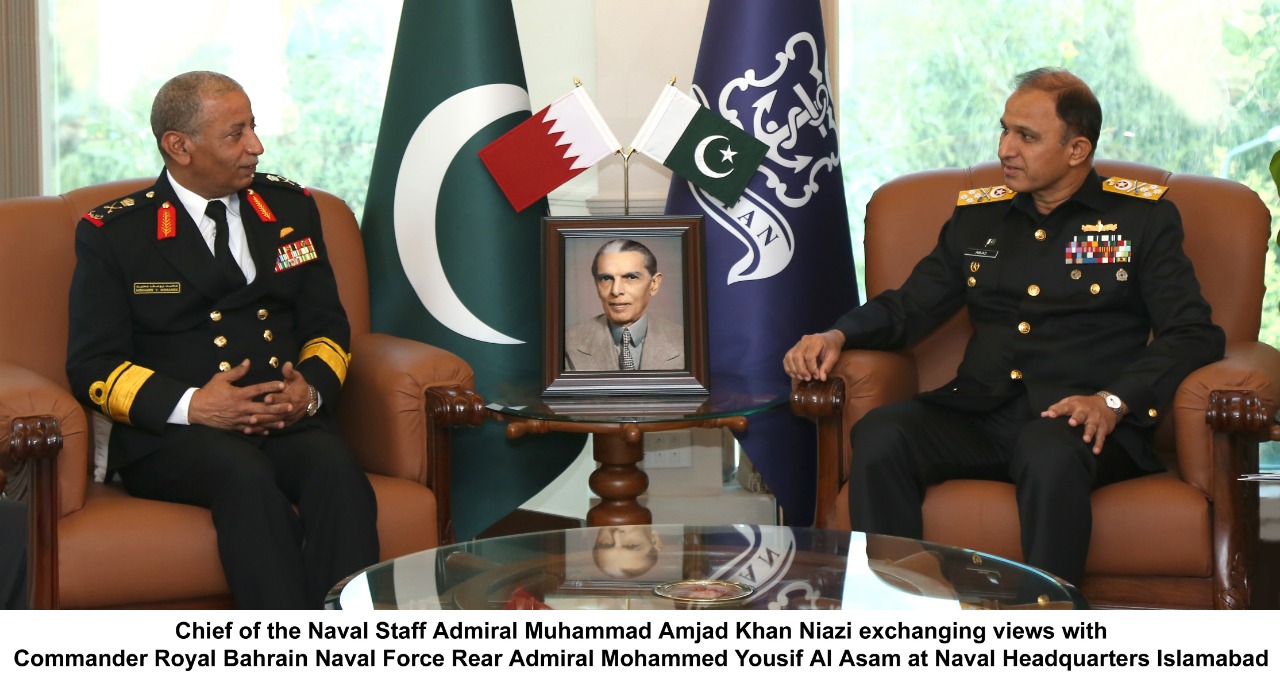On the special instructions of Chief Minister Maryam Nawaz, a development budget of 4 billion rupees has been set for non-formal education in Punjab
For the first time in the history of Punjab, 470 non-traditional schools are being established
The department has so far provided education to 6.4 lakh adult illiterates and out-of-school children through its various programmes.
650,000 children are studying in 20,245 non-formal schools of the Department of Literacy and Non-Formal Education.
Educational facilities are being provided to 36,900 young prisoners in 1273 Adult Literacy Centers established in Punjab jails.
Under the policy of the Chief Minister Punjab Maryam Nawaz to empower women, the Department of Literacy rural areas
I have recruited 17,212 non-formal education teachers for women empowerment.
By: Uzma Rabab
Punjab Chief Minister Maryam Nawaz Sharif has set a development budget of 4 billion rupees for non-formal education in Punjab this year. This budget will be spent on all non-formal primary schools across the province. According to the vision of the Chief Minister of Punjab, 470 non-traditional schools are being established for the first time in the history of Punjab to make education possible for every class, in which children will be given technical education along with traditional education. That will play an important role in making them a useful citizen in the society.
Punjab Chief Minister Maryam Nawaz Sharif’s special attention is focused on families who cannot afford the education of their children, providing the best education facilities to such children is her first priority. In order to promote literacy, Punjab has made significant changes in its education policies, especially the education of children through non-formal education. Department of Literacy and Non-Formal Basic Education During 2002 to 2007, Punjab province, in collaboration with non-government institutions, raised the standard of education by 10 percent, raising the literacy rate from 45 percent to 55 percent. In keeping with the importance of World Literacy Day and the basic need for education, during this period free education was provided in non-formal schools to the children of the poor, including day laborers, labourers, nomads, and beggars.
On the special instructions of Punjab Chief Minister Maryam Nawaz Sharif, Department of Literacy and Non-Formal Education is providing educational facilities throughout the province through non-formal education system. This system was established especially in areas where formal educational institutions did not exist, and aimed to make education accessible to everyone. The department has provided education to 6.4 lakh adult illiterates and out-of-school children through its various programmes.
The Punjab Literacy and Non-Formal Basic Education Policy 2019 emerged as a far-reaching and comprehensive strategy for the promotion of education in the province. This policy was designed to include in the education stream all children, women, and adults who were deprived of formal education for any reason. Under this policy, the Punjab government has decided to raise the literacy rate of the province to 75% by 2025, while the target has been set to increase this rate to 84% by 2030. The special feature of this policy is that it not only emphasizes the promotion of education through formal educational institutions but comprehensive measures have been taken to activate the non-formal education system as well. This system will be especially useful for those who are unable to go to school due to economic or social reasons. Under this policy measures like establishment of literacy centers, training of teachers, and improvement of curriculum are being taken. This policy will prove to be an important milestone in the promotion of education which will play a fundamental role in the overall development and prosperity of the province.
Thanks to the efforts of Chief Minister Maryam Nawaz, as a result of the steps taken to promote education in Punjab, today 650,000 children are studying in 20 thousand 245 non-formal basic education schools, which is a great achievement for Pakistan. is These non-formal education institutions are providing education opportunities to those children who were deprived of the formal education system due to various reasons. The establishment of these schools is part of the government’s policy to increase the literacy rate of the province and make quality education accessible to every child. In these non-formal schools, children are being educated under a standardized curriculum, with an emphasis on personal development as well as academic development. This success is a proof that the initiatives taken by the Punjab government are helping in the social development and guiding these children on the path to a bright future, who were once outside the education system. The success of this non-formal education system in Punjab is an example for other provinces as well, through which the dream of promoting literacy across the country can be made a reality.
As a result of the importance of education and the steps taken to promote it, 1273 Adult Literacy Centers established in Punjab jails is a commendable effort. Education facilities are being provided to 36,900 adult and juvenile prisoners in these centres, which are a clear proof that education is a fundamental right of every human being, irrespective of their social status or circumstances. These centers are not only providing an opportunity to the prisoners to acquire knowledge but also an important step towards their reformation and social betterment. The initiative aims to bring about positive changes in the lives of prisoners and reintegrate them into society as active citizens. This education will not only bring light to their lives but also give a new direction to their life after release. This government effort is a proof that the dream of social improvement can be realized through education, and all possible steps are being taken for this purpose.
In the steps taken by the Punjab government for the promotion of education, the establishment of non-formal educational institutions for children working in brick kilns, nomads and children studying in mosques and madrasas is proving to be an important milestone. Establishment of more than 300 non-formal education institutions for 10,000 children working in brick kilns, provision of 20 special schools for 700 children of nomads, and establishment of 8,692 non-formal education institutions in mosques and madrasas to provide primary education to 13,629 children. Providing education reflects how the government is serious about social development and educational improvement. The aim of these initiatives is to equip the children of the backward and deprived sections with the jewel of education who are deprived of access to the formal education system. These institutions are a ray of hope for the children who were away from education due to various social and economic reasons. This educational campaign is not only providing quality education to the children but also brightening their future, so that they can contribute to the development of the country by joining the social mainstream. These measures show that the government is doing everything possible to promote education as a national duty so that no child is deprived of education and equal educational opportunities are available to all.
Chief Minister Punjab Maryam Nawaz always emphasizes on the empowerment of women and their role in economic development. Under her direction, the Department of Literacy and Non-Formal Education has recruited 17,212 non-formal education teachers to empower women in rural areas. , which are part of efforts to bring the light of education to every home. The steps currently being taken to widen access to education and increase the literacy rate in Pakistan are taking forward the message of World Literacy Day in practice and affirming that across Punjab Pakistan. Literacy rate is at the first level.



